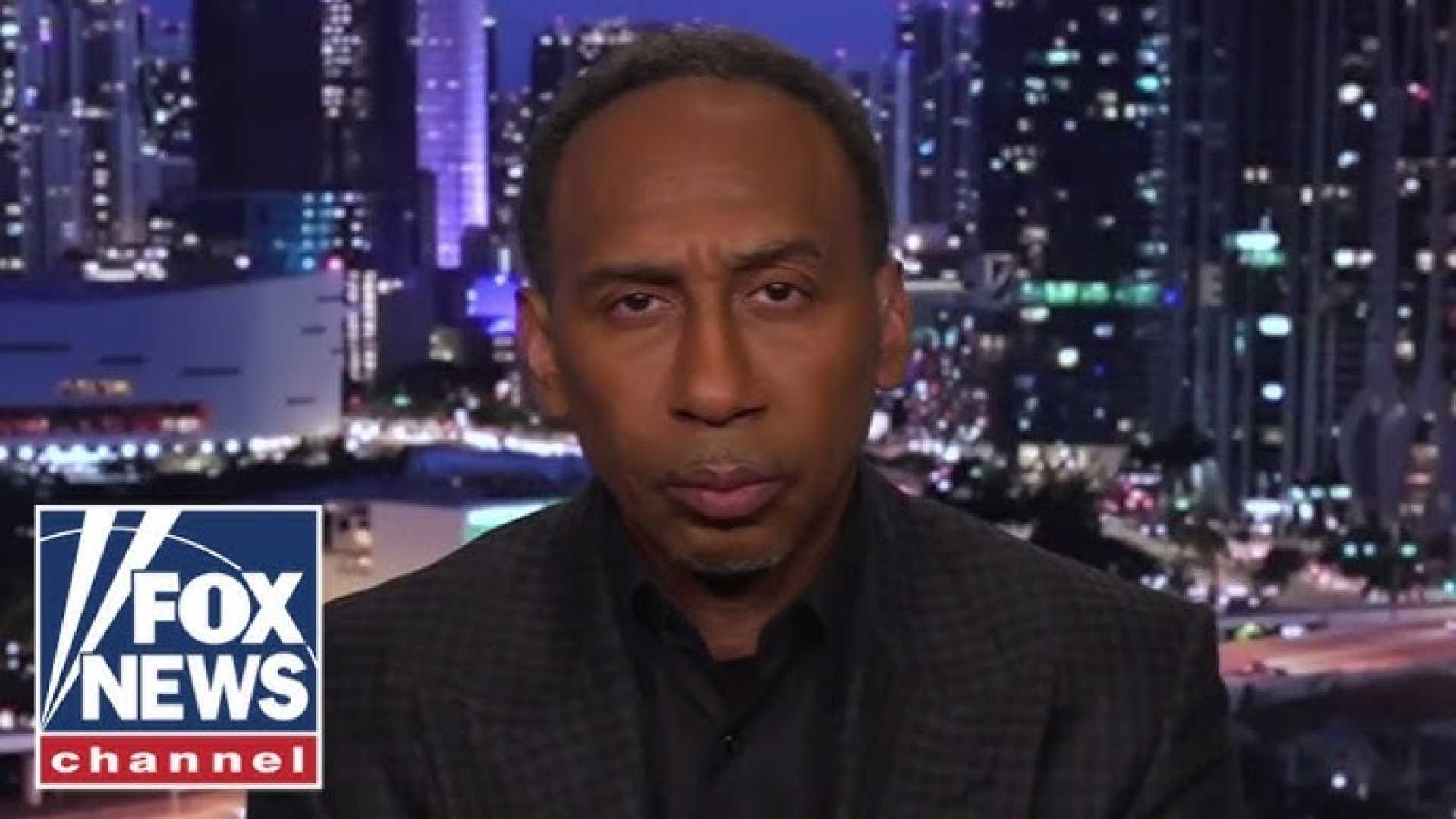Politics
Stephen A. Smith Considers Presidential Run: A New Era for Media and Politics?

LOS ANGELES, Calif. — Sports commentator Stephen A. Smith recently hinted at a potential presidential run, marking a significant intersection of celebrity and politics. Smith, widely known for his passionate debates on ESPN and his strong social media presence, stated, “Hate the thought of being a politician, but sick of this mess.” His unexpected declaration has sparked conversations about the role media figures can play in political leadership.
The comments come at a time when the American political landscape is increasingly influenced by celebrity culture. Former President Donald Trump is a prime example of how a public figure from the entertainment realm can ascend to political power. Trump’s use of mass media was pivotal in building his brand and capturing the attention of voters.
Historically, Franklin D. Roosevelt leveraged radio during the Great Depression through his fireside chats, directly addressing the American populace during a tumultuous period. Starting with his first broadcast on March 12, 1933, Roosevelt reassured Americans about the nation’s banking crisis and emphasized the importance of confidence in government to stabilize the economy, stating, “Let us unite in banishing fear.” His ability to connect with listeners through clear and empathetic communication remains a powerful lesson in political leadership.
In stark contrast to Roosevelt’s era, today’s political discourse often prioritizes soundbites and sensationalism over substantive discussion. Despite Smith’s popularity, questions linger about his readiness to navigate the complexities of governance. Experts argue that charisma and a strong media presence do not equate to effective political leadership.
Dr. Sarah Jones, a professor of communication studies, analyzed Roosevelt’s impact, noting, “He spoke in a conversational tone, using simple language to explain complex issues.” This style built trust and unity among Americans amid uncertainty. In comparison, the current political climate requires candidates to demonstrate more than an ability to captivate audiences; it necessitates coherent policy knowledge and solutions.
Smith’s statement about being “sick of this mess” lacks specificity, similar to Trump’s campaign slogan of making America great again, which can be interpreted in various ways. The voters may seek clarity about the specific challenges Smith intends to address and how he proposes to solve them.
As Smith contemplates a run, it is essential to remember that true leadership extends beyond popularity—politics requires a commitment to enacting meaningful policies that benefit society. The lessons from the past remind us that connecting with the public through empathy and authenticity is vital for leaders to inspire trust.
While the media landscape continues to evolve, with podcasts and social media dominating communication, the fundamentals of effective leadership remain constant. As Americans reflect on historical figures like Roosevelt and consider modern candidates like Smith, the ongoing dialogue about the intersection of media, celebrity, and governance grows ever more significant.












